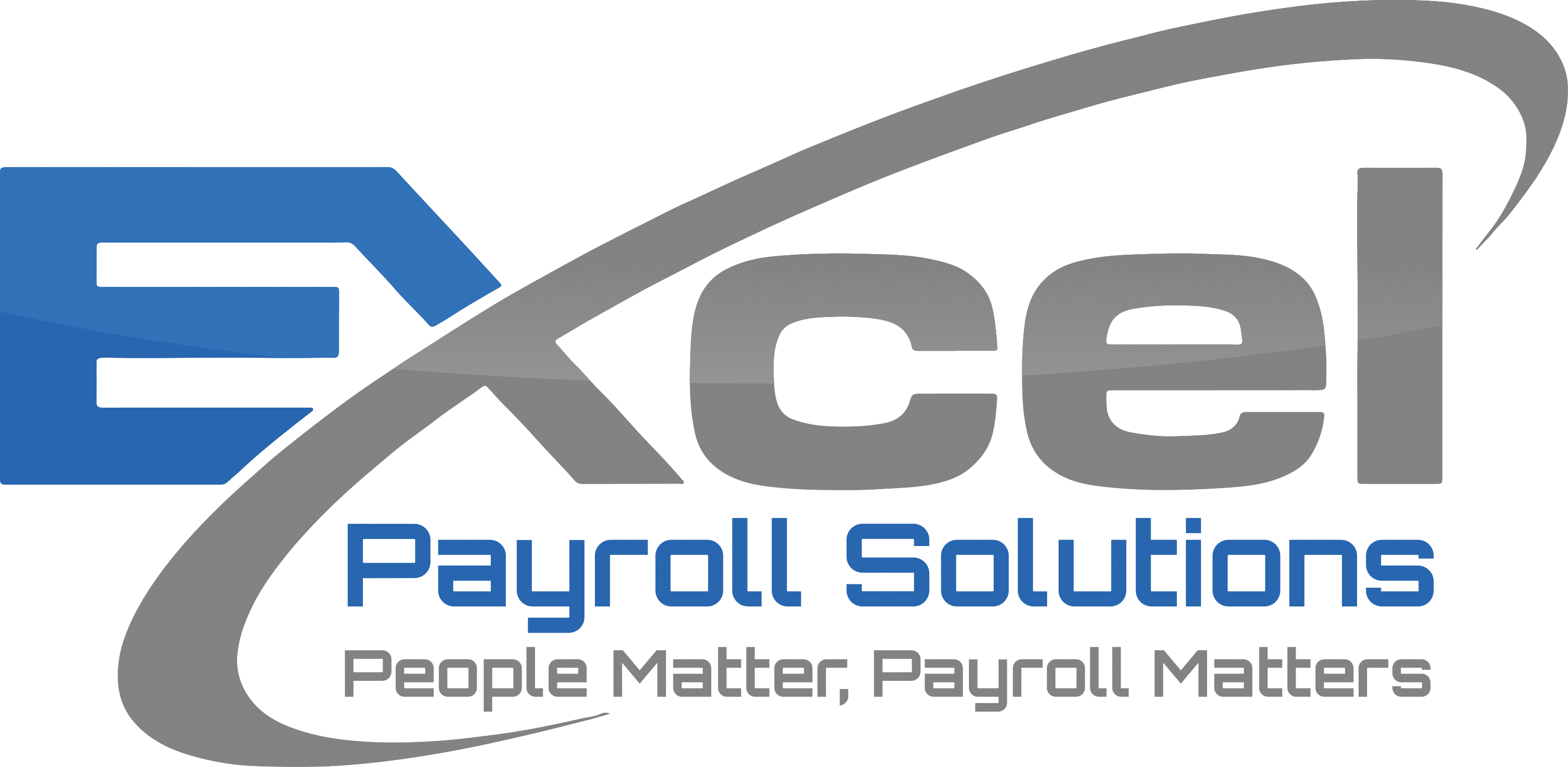Managing payroll is an essential aspect of running a business. It’s not just about ensuring your employees receive their hard-earned wages on time. It also involves a complex web of legal requirements and regulations a company must adhere to. In the UK, compliance with HM Revenue & Customs (HMRC) and various other regulations is vital to avoid potential legal complications. Let us walk you through some integral requirements for start-ups and new businesses to consider in payroll management.
Registering with HM Revenue & Customs (HMRC)
When you hire employees and pay them through the Pay As You Earn (PAYE) system, you must be registered with HMRC. This is a legal obligation that ensures proper taxation and National Insurance contributions for your employees. Registering with HMRC is the first step in fulfilling your payroll obligations.
Compliance with the Pension Regulator
Even if an employee doesn’t enrol in a workplace pension scheme, your business still needs to comply with the regulations set by the Pension Regulator. A declaration of compliance must be completed and submitted every third year. This helps ensure that businesses are prepared to enrol eligible employees in a pension scheme when the time comes, in line with government requirements.
National Minimum Wage/Living Wage
All your employees must be paid at least the National Minimum Wage or Living Wage, depending on their age and employment status. Ensuring you meet these wage requirements promotes fairness in the workplace and prevents legal issues and potential penalties.
Issuing Legally Compliant Payslips
Every employee is legally entitled to receive a payslip before or on their payday. This payslip should include detailed information about their earnings before and after deductions. It must also list the amount of deductions that may change each time they are paid, such as tax and National Insurance.
Additionally, if an employee’s pay varies depending on the hours worked, the payslip should reflect the number of hours worked. Providing these payslips ensures transparency and accountability in your payroll process.
Statutory Holiday Pay Entitlement
In the UK, employees are entitled to a minimum of 5.6 weeks of paid annual leave. This includes their basic holiday entitlement and any additional entitlement based on overtime, commission, or bonuses. However, this extra entitlement is calculated at four weeks. It’s essential to ensure that your payroll system accurately calculates and includes holiday pay, preventing disputes and legal issues related to employee entitlements.
Timely Payments to HMRC
Apart from paying your employees, you also have a responsibility to collect and pay the tax and National Insurance deductions from their earnings to HMRC. These payments are due by the 22nd of the following month (or the nearest weekday if the 22nd falls on a weekend). Failure to do so can result in penalties and legal complications. Additionally, you may also have employer National Insurance contributions to pay.
Regular Submission to HMRC
To maintain compliance with HMRC, your payroll must be submitted each time an employee gets paid. Accurate and timely submissions are vital for keeping your business in good standing with tax authorities and avoiding potential penalties.
Managing payroll can be a complex and challenging prospect for any start-ups. It’s also essential to maintain legal compliance and keep your employees satisfied. Staying informed about your obligations and responsibilities, as outlined above, is crucial to running a successful business in the UK. By ensuring you meet these requirements, you can avoid legal issues, protect your reputation, and provide a fair and transparent environment for employees.
If you would like support for start-ups from payroll experts, please get in touch with us.

